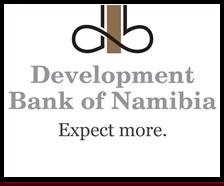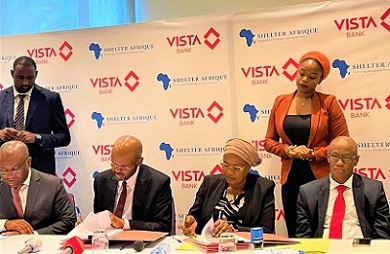The Development Bank of Namibia (DBN) has approved a total of N$1,101.8 million (1,1 billion) to businesses owned by young people during the period from 2010 to 2020.
And this is 7,6% of the total loans approved by the bank over the same period.
During the period 2019/2020 the bank approved N$149.4 million for youth-led businesses.
“Youth loans were spread across all the regions, except for Kunene, Omaheke, and Zambezi, with most loans benefiting //Kharas region (N$53.9 million or 38.1%) and Oshana region (N$26.4 million or 17.7%).
“The most notable business activities were construction tenders. Loans approved facilitated creation of 563 jobs, of which 291 jobs were permanent jobs,” said DBN’s corporate communications officer Ms Di-Anna Grobler.
Grobler was responding to questions sent to her by Omutumwa after Nudo MP Mr Joseph Kauandenge stated in the National Assembly last month that DBN has over the years failed to live up to the mandate the bank was established for, which is to give loans to the youth from poor backgrounds so that they may engage in manufacturing and the agricultural sector.
“DBN continues to give money allocated to SME development. But in terms of food security we are really lacking. Because there is a long list of collateral that the youth must present to the bank to get loans.
“Can we say that the beneficiaries are those who need it the most? The beneficiaries have become us honourables and top government officials,” said Mr Kauandenge.
In response Grobler said: “However, for the Bank to remain sustainable, and in order to curb non-performing loans and impairments, it is necessary to implement due diligence and meticulous application requirements.
“The Bank not only ensures the integrity of its lending through governance, but also through cooperation with borrowers after the amount has been disbursed. Governance surrounding the lending process is exercised through a stringent due diligence process prior to approval of loans, which includes factors such as qualification and skills, and willingness to offer collateral, in addition to the standard elements of business planning and development impact.
“The DBN may, for instance, accept a greater degree of risk, offer capacity development services to borrowers and, under exceptional circumstances, offer flexibility on contracted terms of repayment.”
Grobler further stated that the former Minister of Finance, Calle Schlettwein, “launched a comprehensive fourfold package of stimulus measures for SMEs and youth enterprises in December 2019. These measures were implemented by the Development Bank of Namibia (DBN) through which SMEs will benefit under the broader SME Financing Strategy, an offshoot of the Namibia Financial Sector Strategy. The SME Financing Strategy consists of a mentoring and coaching function, a credit guarantee scheme and a venture capital fund.”
She said that “DBN has already operationalized mentoring and coaching through a network of external mentors and consultants, and is poised to expand the function. The credit guarantee scheme is offered to commercial sources of finance to incentivise additional lending to viable SMEs who have low levels of collateral.
“In the same vein, Youth Enterprise benefits from a skills-based financing facility for young professionals and artisans, as well as a programme to provide finance for 121 youth enterprises located in all 121 constituencies of Namibia. It is important to structure any intervention in a manner that ensures a positive long-term impact for Namibia. This long-term impact is typically seen in the creation of sustainable economic activities and the intergenerational transfer of wealth.
“It should be noted that DBN does not provide loans to the agricultural sector, unless for agricultural production or manufacturing. DBN does not compete with the Namibian Agribank in this domain, as the mandate of the Agribank is to advance money to persons or financial intermediaries for the promotion of agriculture and related activities.
“The Development Bank of Namibia is aware of the challenges that lie ahead, and the Bank is confident in its ability to be a catalyst for growth and recovery amidst the global economic crisis.”









